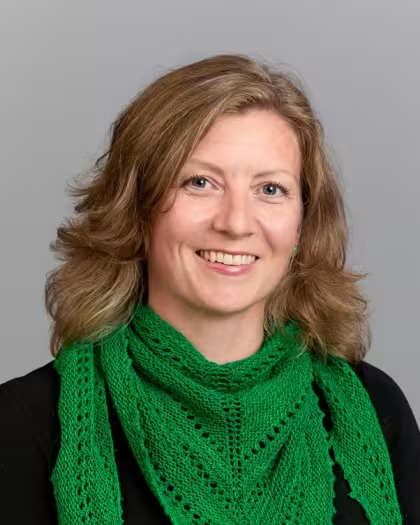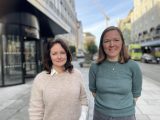
As fairly new Deputy Head with responsibility for research, I have the privilege of taking part in and following many processes which are both exciting and partly new to me. Early on previous Monday, the BIO leadership had a dialogue meeting with the faculty, and over the course of ninety minutes we discussed future ambitions, finances, education, research, infrastructure, area use, work environment, and wellbeing. The time passed quickly, and it was clear that the faculty appreciates the work we all do at BIO.












